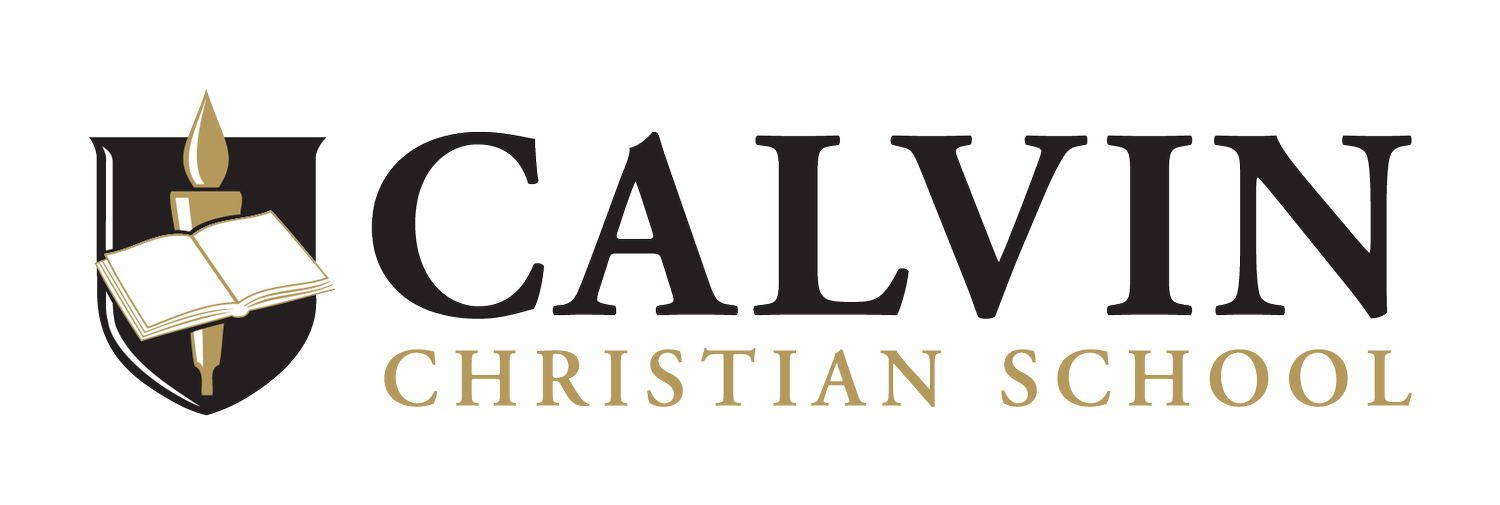My senior students are currently undertaking a self-directed investigation project as part of their externally assessed folio for Psychology.
They have designed and carried out their own experiments based on the topic of ‘Human Learning’ and are in the process of analysing the data and explaining the patterns that have emerged. Most patterns are consistent with their expected hypotheses—rewards do indeed impact the rate of learning, role models can improve the quality of learning, inability to succeed in learning can lead to the ‘giving up’ that we know as Learned Helplessness, and differing levels of motivation account for much of the variation in the rate and success of learning.
Getting to this point required the students to have a good understanding of how humans learn. Defined as a relatively permanent change in behaviour as a result of experience, learning is often explained through conditioning. Advanced by B. F. Skinner, Professor of Psychology at Harvard University in the mid-twentieth century, Operant Conditioning theory explains learning through the associations made between a particular behaviour and a consequence. If we are positively reinforced through praise or reward, we will most likely repeat the behaviour that led to the reinforcement. To avoid a negative consequence, we will also repeat a reinforced behaviour. Anyone who has trained a dog to do a trick will be very familiar with the processes involved in Skinner’s theory.
“As a Christian, I don’t accept that we are determined solely by our environment.”
It was clear that Operant Conditioning could explain much of our learned behaviour, but Skinner took it one step further and argued that he had discovered the root cause of all human behaviour. He contested that humans do not have free will at all; rather, all of our actions result from the environmental circumstances and personal history that have provided the context for behaviour being rewarded or punished. In Skinner’s understanding, a person who commits a crime does so because of their circumstances—such as growing up in a family where crime is rewarded—and this makes breaking the law inevitable and natural. In this understanding of behaviour, free will and motivation are dismissed as illusions, as all behaviour is under stimulus control.
While Skinner and others have highlighted the role of environmental factors in influencing human behaviour, other psychologists since Skinner have added new theories and perspectives. We now understand the impact of observation of models in learning. We continue to learn about the role of cognitive factors—those sudden insights and the impact of prior learning that Skinner did not directly account for in his theory.
“Christians may be prompted to act in compassion or extend forgiveness...”
As a Christian, I don’t accept that we are determined solely by our environment. Rather than being animals responding only to environmental cues, I believe that humans are created in the image of God. It is difficult to conceive of all that this entails, but being in God’s likeness allows for the unpredictable and the miraculous in a way that Skinner could not accept. In Romans 1:20–25 we see that humans have been given the freedom to accept or reject the offer of salvation through Jesus. Through the work of the Holy Spirit, Christians may be prompted to act in compassion or extend forgiveness in ways not clearly explained by prior environmental conditions or experiences.
But back to the Psychology classroom where this article began. I feel blessed to be able to witness the process of learning being undertaken by each student as their Investigation Projects progress. They have demonstrated creativity in conceptualising an experiment to test a theory. They have shown academic rigour in covering all of the required ethical bases. And they have delved into the depths of their understanding to conceive of the reasons their human participants responded as they did, drawing on the research of others in the process. Skinner may have explained this through past experience in the ‘machine’ of society, but I feel that there is something more miraculous at play as the students tap into the creativity, analysis and forward-planning characteristic of humans as God’s ‘image-bearers’.
Bonny Moroni – Head of Secondary

